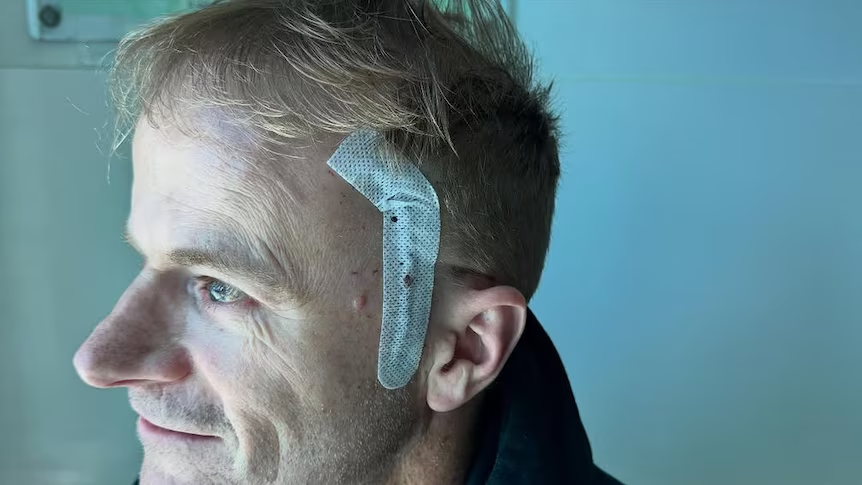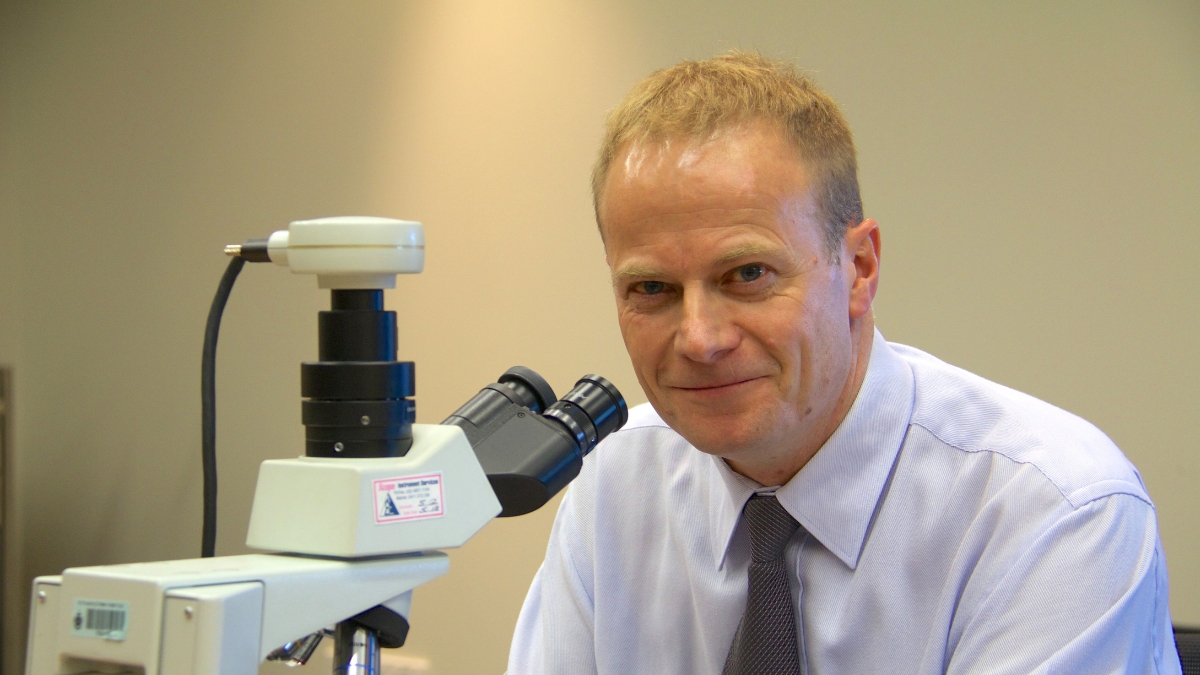In a heart-wrenching turn of events that underscores both the promise and limitations of modern cancer research, Professor Richard Scolyer has announced that his brain cancer has returned with devastating force. The renowned scientist, who made headlines for testing his own revolutionary immunotherapy treatment, now faces a grim reality that even cutting-edge medicine cannot always overcome.
Scolyer’s journey represents more than a personal battle—it embodies the complex relationship between hope, scientific innovation, and the harsh realities of terminal illness. His candid updates about his condition continue to shed light on the urgent need for breakthrough treatments while demonstrating remarkable courage in the face of an uncertain future.
The Return of an Aggressive Enemy
Recent medical scans have revealed what Scolyer and his medical team had hoped to avoid: a significant return of glioblastoma in his left brain. The tumor, described as “quickly growing” and substantial in volume, represents a formidable challenge that has proven resistant to current treatment approaches. Despite surgical intervention at Chris O’Brien Lifehouse in Sydney, medical professionals were unable to completely remove the cancerous tissue due to its location within critical brain structures.
The diagnosis carries with it a sobering medical reality. Healthcare professionals have informed Scolyer that his remaining time is measured in months rather than years, a prognosis that reflects the aggressive nature of grade-4 IDH-wildtype glioblastoma. This particular form of brain cancer is notorious for its ability to spread throughout brain tissue like an intricate root system, making complete surgical removal virtually impossible without causing severe neurological damage.
Pioneering Treatment Shows Promise Despite Setbacks

Scolyer’s case represents a groundbreaking moment in cancer treatment history. As the first person to receive immunotherapy originally developed for melanoma to treat brain cancer, his experience has provided invaluable insights into potential new treatment pathways. The experimental approach, developed through decades of collaboration with colleague Georgina Long, has shown remarkable success in melanoma treatment, transforming five-year survival rates from a dismal 5% to an encouraging 55% over fifteen years.
While the immunotherapy treatment may not have prevented the cancer’s return, Scolyer believes it potentially extended his survival and influenced the tumor’s behavior. The research findings, published in the prestigious journal Nature Medicine, represent a significant contribution to the scientific community’s understanding of how immunotherapy might be adapted for brain cancer treatment.
A Legacy Beyond Personal Struggle
The impact of Scolyer’s work extends far beyond his personal battle with cancer. As a joint Australian of the Year in 2024 alongside Georgina Long, he has been recognized for transforming melanoma treatment through two decades of dedicated immunotherapy research. Their collaborative efforts at the Melanoma Institute Australia have revolutionized how the medical community approaches one of the most aggressive forms of skin cancer.
Scolyer’s decision to document his cancer journey publicly has provided unprecedented insight into the patient experience while advancing scientific understanding. His willingness to share both triumphs and setbacks offers hope to other patients while contributing valuable data to ongoing research efforts.
Looking Forward: Hope for Future Patients
Despite facing his own mortality, Scolyer remains committed to advancing cancer research for future patients. He emphasizes that while his individual case may not represent a cure, the knowledge gained from his treatment could prove transformative for others facing similar diagnoses. The research team continues to analyze data from his case, with plans for clinical trials that could validate and refine the treatment approach.
Scolyer’s story serves as a powerful reminder that medical breakthroughs often emerge from the intersection of scientific innovation and human courage. While his prognosis remains challenging, his contributions to cancer research may ultimately save countless lives, creating a lasting legacy that extends far beyond his personal battle with this devastating disease.

